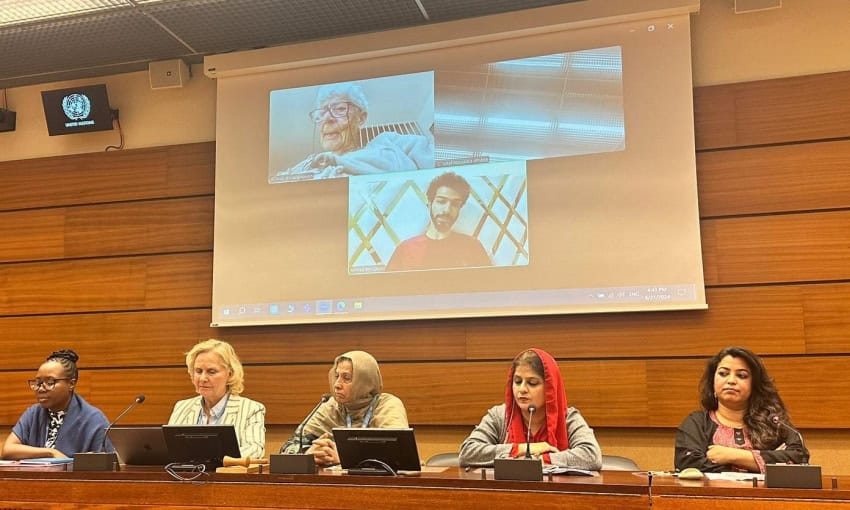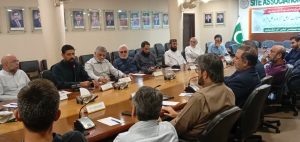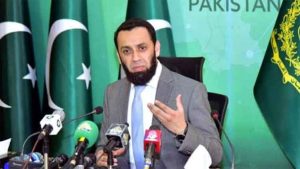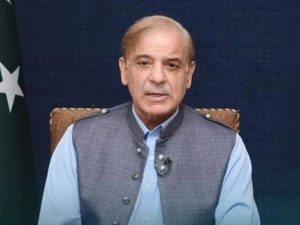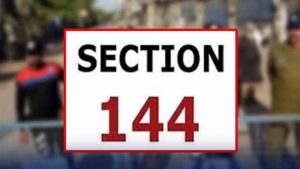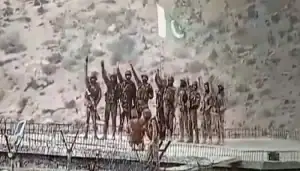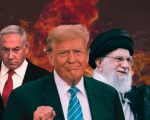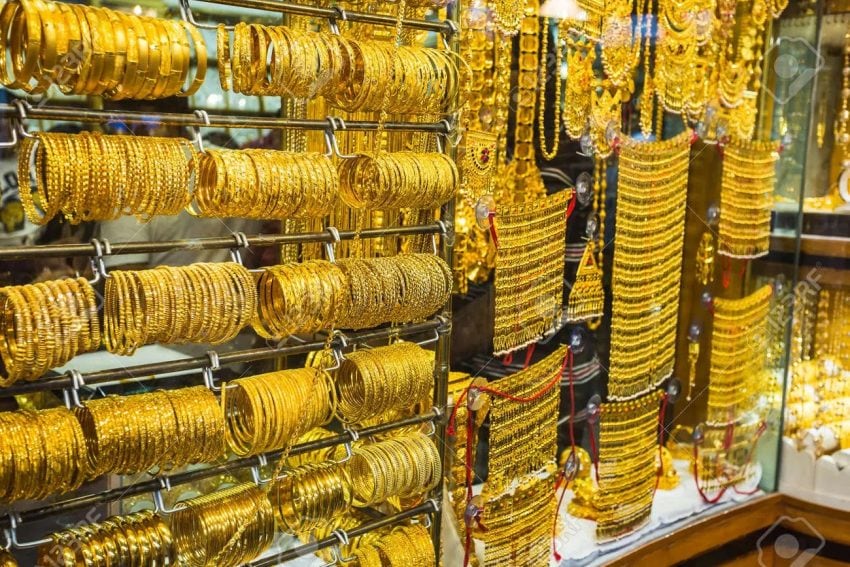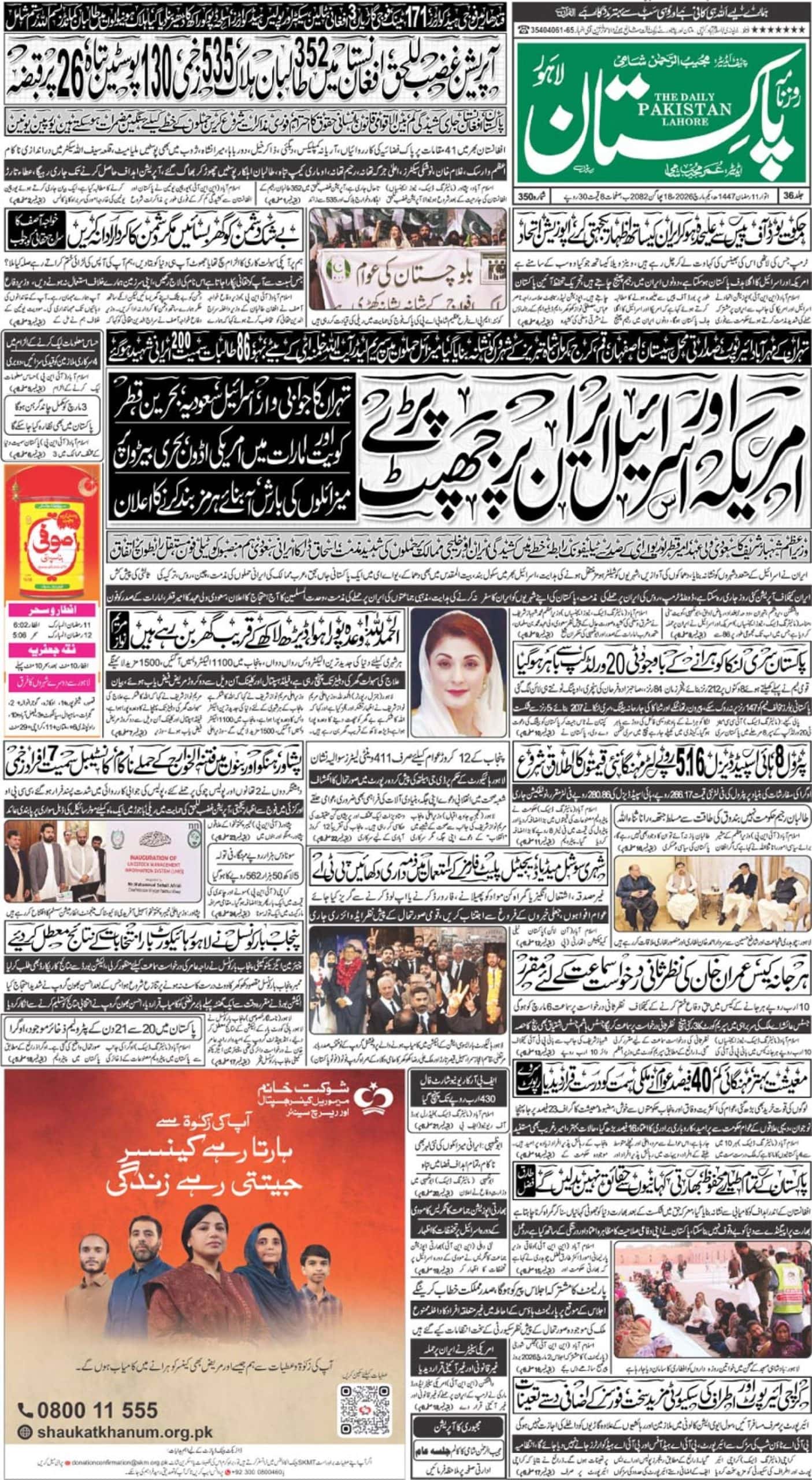Rights activist and PPP Azad Jammu and Kashmir chapter leader Maria Iqbal Tarana has highlighted the plight of women of Kashmir amid the ongoing conflict in the region.
Addressing the 56th meeting of the United Nations Human Rights Council in Switzerland as a representative of Kashmir, she stressed the importance of granting access to Indian Occupied Kashmir for human rights organizations. She urged for immediate and effective visits to the region of both held Kashmir and AJK.
“Women lack access to political discussions, actions and networks that run through conflict zones. A gendered lens must be used to analyze conflict because of the complicated challenges and cascading repercussions.”
Tarana said there are substantial economic, physical challenges and psychological impacts on women and children in war conflict areas. These challenges, she says, prompt us to reconsider how we approach the political and social terrain of conflict zones and to reflect on the challenging path to achieving justice for women and children, she said.
International Muslim Women Union, a consultative group with the Economic and Social Council (ECOSOC) at the United Nations, organised the session.
Renowned academia, lawyers, parliamentarians, and human rights activists from around the world participated and addressed the sitting.
They included the participants from India, Afghanistan, Libya, Australia, Denmark, and Austria. A significant number of women from different countries attended the event.
Former MEP Julie Ward presented various proposals to resolve the Kashmir issue and regional problems, highlighting the crucial role of the media. The session was organized under the title “Women and Children in Conflict.”
Noted British lawyer Margot Owen emphasized exposing India’s criminal record concerning women, particularly focusing on “half widows” and “half wives,” and urged for legal action.
Caroline H. Moos advocated for the creation of a comprehensive program for women in Kashmir and other conflict-affected areas worldwide.
Ahmed bin Qasim, son of Aasiya Andrabi, shed light on the dire conditions faced by women political leaders and Kashmiri leaders in Tihar Jail, stating that they are kept without facilities, suffering from water scarcity and extreme heat, leading to fatalities due to harsh conditions.
Afghanistan’s Raheela Kaveer remarked that women are victims of oppression in all conflict zones, be it Afghanistan, Kashmir, or Palestine.
The host of the seminar, Ms. Shameema Shall, permanent representative of the International Muslim Women’s Union, expressed the desire to unify the effective voices of women against oppression through this forum. She urged women with influence in their respective fields to work for the welfare of women and children affected by war, emphasizing that societies are destroyed by war, with women and children being the most affected. She called on all present to play a significant role in defeating India’s war frenzy. In conclusion, she echoed the words of renowned Indian author and social activist Arundhati Roy, stating that India is using women as weapons of war to suppress the voices of the people in Kashmir.
It is important to note that Wartime sexual violence is not just committed by some individuals, but rather it is often deployed as a tool to further political/military gains, to prove a point. This becomes especially challenging in the absence of justice delivery mechanisms and the lack of criminal infrastructure. Violence is directed towards women in various forms. Women’s physical, mental as well as emotional well-being are at stake in war-hit areas. They are often displaced from their land, defrauded, widowed, and left to live as refugees. They need attention.

